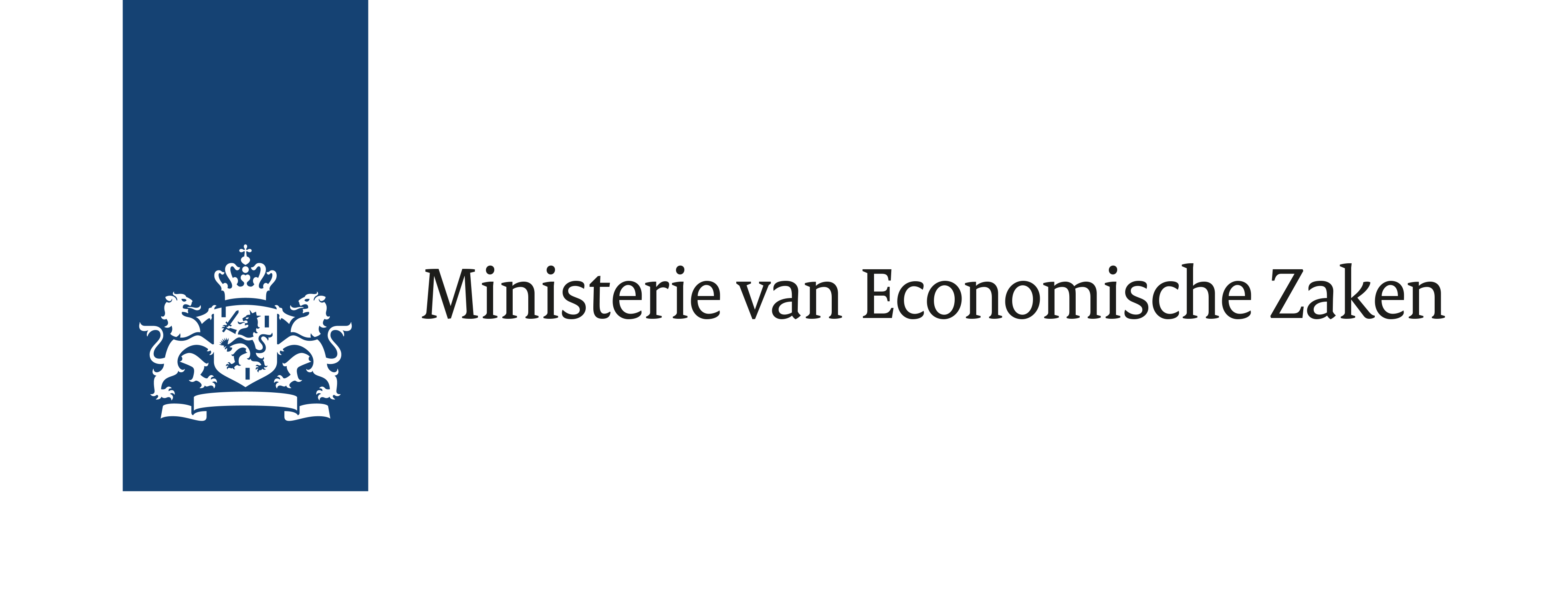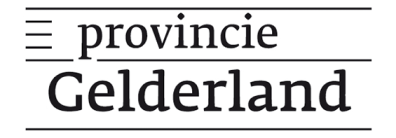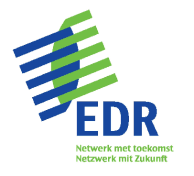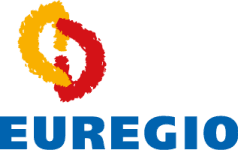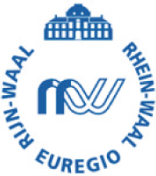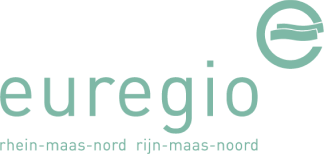The healthcare system in the border area faces various challenges. With the results of this project, a consortium of 5 SMEs and 2 university hospitals wants to develop products for three common and related conditions: chronic sinusitis, bladder pain syndrome and stress urinary incontinence.
There are solutions for these conditions, namely oral medications, that only work for a short time. When this does not work, an invasive operation must be performed, requiring hospitalization and prolonged lavage. The annual related healthcare costs in the Netherlands and Germany amount to tens to hundreds of millions of euros.
The goal of this project is to develop a hydrogel that can carry drugs (corticosteroids and pain relievers) and release them over a few weeks. The hydrogel is placed in the correct location with an injection. The gel contains nanoparticles that serve as a carrier material for the medicines. The drugs are released for about 4 weeks and possess regenerative properties.
Flow chemistry is used, an efficient way to make particles; this in contrast to current processes that require a lot of space, energy and chemicals. This technology therefore also contributes to resource efficiency.
Successful implementation of the proposed project will contribute to a better and less invasive approach to three common conditions. Healthcare costs for these conditions could fall, even with increasing prevalence associated with the aging population in the border region. At the same time, the manufacturing SMEs in the consortium will establish themselves in a growing global market, currently already worth several tens of billions of dollars. Finally, the pursued innovation also contributes to the environment through a lower use of medicines, additives and energy.

